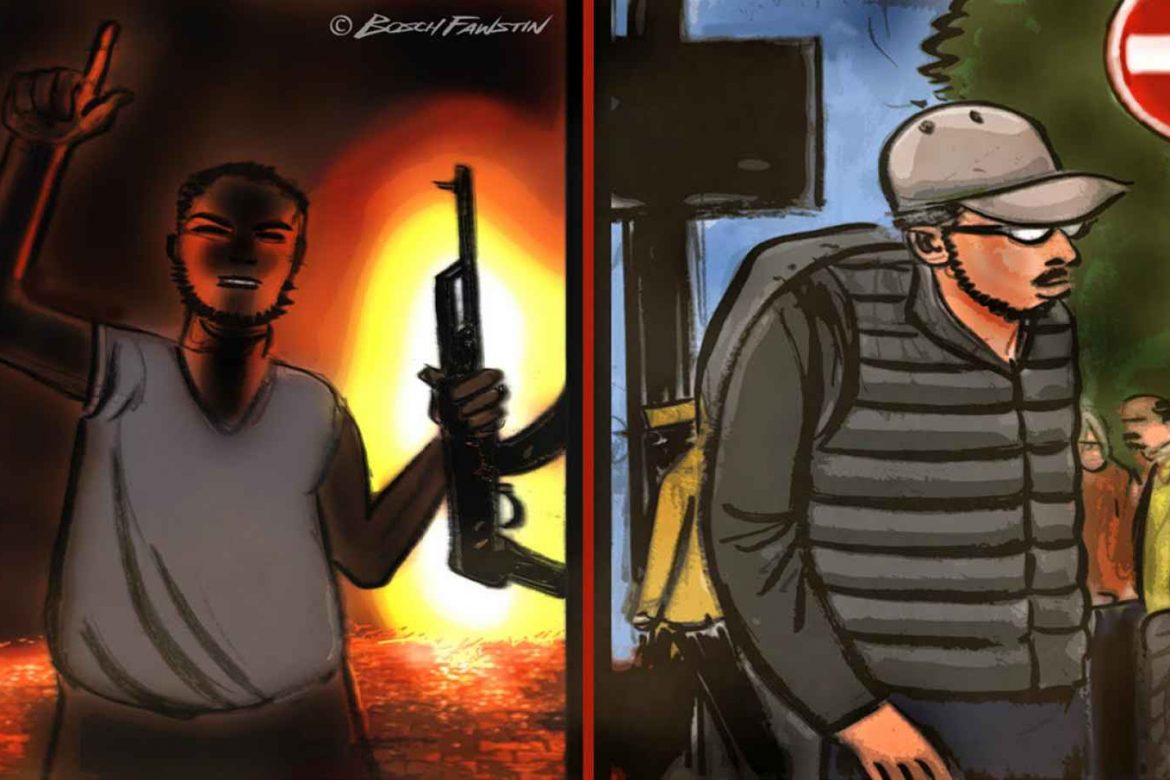It’s all Islam, no need to parse it….
FROM BENGHAZI TO MANCHESTER
The UK’s dirty Libyan secret.
There was a ticking time bomb in Manchester. The old manufacturing city had become a safe space for Libyan Islamic terrorists with the knowledge and complicity of British authorities.
Before being one of the FBI’s Most Wanted Terrorists, Osama bin Laden’s Libyan body double had been living in Manchester. Anas al-Libi, a Libyan Al Qaeda terrorist, had received political asylum in the UK. Two years after he masterminded the bombings of American embassies in Africa, Manchester police turned up what would become known as the Manchester Document in his possession.
“Explosives are the safest weapon for the holy warriors. They strike the enemy with sheer terror and fright,” the Al Qaeda manual advised.
This was the advice that the “holy warriors” of Islam utilized against teenage girls in Manchester. The Islamic terrorist who carried out the massacre was a scion of the same terror group as Anas al-Libi.
When American forces finally caught up to Anas al-Libi, he was with the Libyan Islamic Fighting Group. But the LIFG was just as active in Manchester as it was in Tripoli. Manchester had long been a base for the Islamist terror group. And it comes as little surprise that Ramadan Abedi, the father of Manchester Arena suicide bomber Salman Abedi, currently in Libya, was also allegedly an LIFG member.
Despite LIFG’s blatant affiliation with Al Qaeda, its members were freely able to operate in the UK. Manchester, with its expat Libyan community, was a perfect base for the Islamic terror group.
Salman Abedi prayed at the Didsbury Mosque where his father Ramadan had been the muezzin. Salah Aboaoba, an LIFG member, claimed to have fundraised at the Didsbury Mosque. A friend who met Ramadan at the mosque described him fighting in the LIFG with the “Manchester fighters.” According to him, “Three-quarters of the fighters at the beginning of the revolution were from Manchester.”

